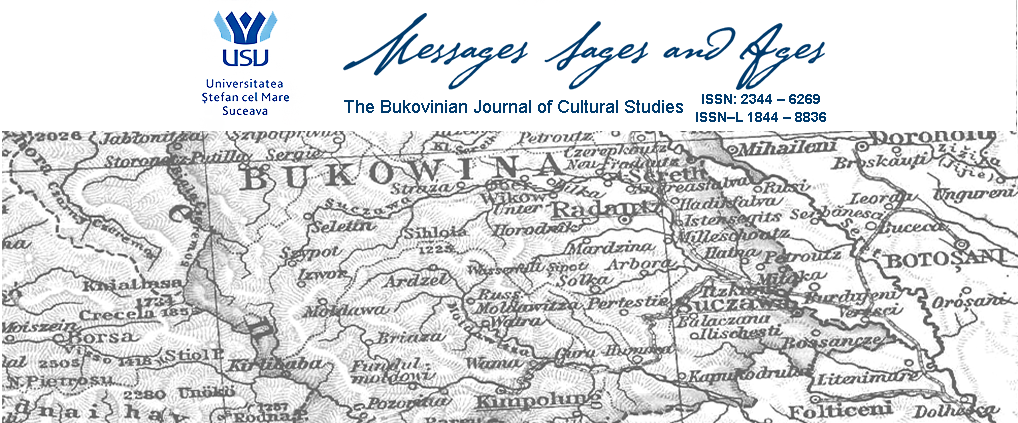Trusted Online Sex Toy Shop in the Philippines These sex toys can be used by individuals or couples to get over there their mundane sex life hot to squirt adam and eve online shopping, to get experiential with their partners.…
So, now we can say that these bags are designed only for
Superfake Bags vs Superfake Handbags: 2025s Rep Reviewed From crossbody totes to clutches, we have the perfect bag for any occasion. Thus, some fake designer bag stores might have restricted stock and just proposition a little determination of bags that…
5″ Realistic DongThe All American Whoppers 6
Trusted Online Sex Toy Shop in the Philippines You will also find everything for intimate body care in our online drugstore horse cock dildos, including anal/vagina douches and tampons. Away from the mode of control, the We-Vibe Sync 2’s functional…
Male Masturbators such as these are usually comprised of
South Africa’s Favourite Online Adult Sex Toy Shop Growing confidence allows many Indians to feel less of a culture clash when faced with international business deals. Bringing more women (and sex toys for women) to the bargaining table and leaving everyone…
Over the years, Fun Factory’s Manta has topped numerous
#1 Adult Shop in South Africa Best Online Sex Store Welcome to MyPleasure – Your Ultimate Destination for Adult Sex Toys and Intimate Accessories! Explore a curated collection of top-notch sex toys for women adam and eve toy, men, and…
We instructed our testers to use each toy themselves and to
Shop Sex Toys The UK’s Best Online Sex Shop! Welcome to the UK’s original sexual wellness company – providing you with the best in sex toys gspot pillow, bondage, lingerie and more, helping you to satisfy your needs for over…
As the first of its kind smart vibrator
Sex Toy Sex Store Sex Toy India Online Sex Toy Experience the ultimate in pleasure and pelvic floor health with our range of orgasm balls. Also known as Ben Wa balls or jiggle balls, these weighted spheres are inserted into…
Many modern toys offer rechargeable cords or USB recharging
Love Shop: Sex Toy Superstore More experienced sex toy lovers may want to try glass for sensation and weight play.Do All Powered Sex Toys Use Batteries? Vibration can add extra sensation to your sex toy experience, which you can use…
Our UK online sex toy shop offers a wide range of sex toys for
Vibrators & Adult Toys : Target You might be surprised to hear that your partner is just as happy to use sex toys for boys as you are. The Lelo Gigi has long been a favorite amongst pleasure-seekers who enjoy…
Like the original Magic Wand
The Online Adult Shop If vibration feels daunting for your first go-around realistic balls dildo, try using it as-is without turning it on first. The Magic Wand Original is our podium pick for wand vibrators. A popular option for power-hunters,…
Our love devices are all about sensuality
Sex Toys sex toys india Sex Store online sex toy With us plus size sex chair, rediscover our ancient treasure and help our country re-learn the art of sexual pleasure. At Thorn & Feather, we are proud to be your…
The technology behind them has improved access to all and
Pleasure Toys And Sex Toys But you might be missing out on the chance to discover orgasmic new favorites and expand your current collection. Meet the latest and greatest, the newcomers hidden viberator, the playtime roads less traveled (so far).…
Discover the New Eggplant XL VibratorEmojibator’s best-selling
Lovense® Adult Toy Store Specials: Exclusive Deals and Offers Await! Discover Our 5-Inch Mini VibratorCompact, Waterproof, and Silicone DesignThis 5-inch mini vibrator is not only compact but also designed with a h… Discover the New Eggplant XL VibratorEmojibator’s best-selling eggplant…
When choosing a sex toy for solo play
Where to Buy Sex Toys: The Best Online Sex Toy Shops The smartphone application was relatively responsive how to make a woman squrt, and connecting it with the masturbator was straightforward. In addition, the well-articulated prompts on the screen made…
They provide the opportunity to discover and explore the body
Adult Toys Buy The Best Sex Toys Online The following two ways are applicable for buying sex toys in Dubai and other countries in the UAE as well. Before we take a walk down the sex toy aisle how to…
